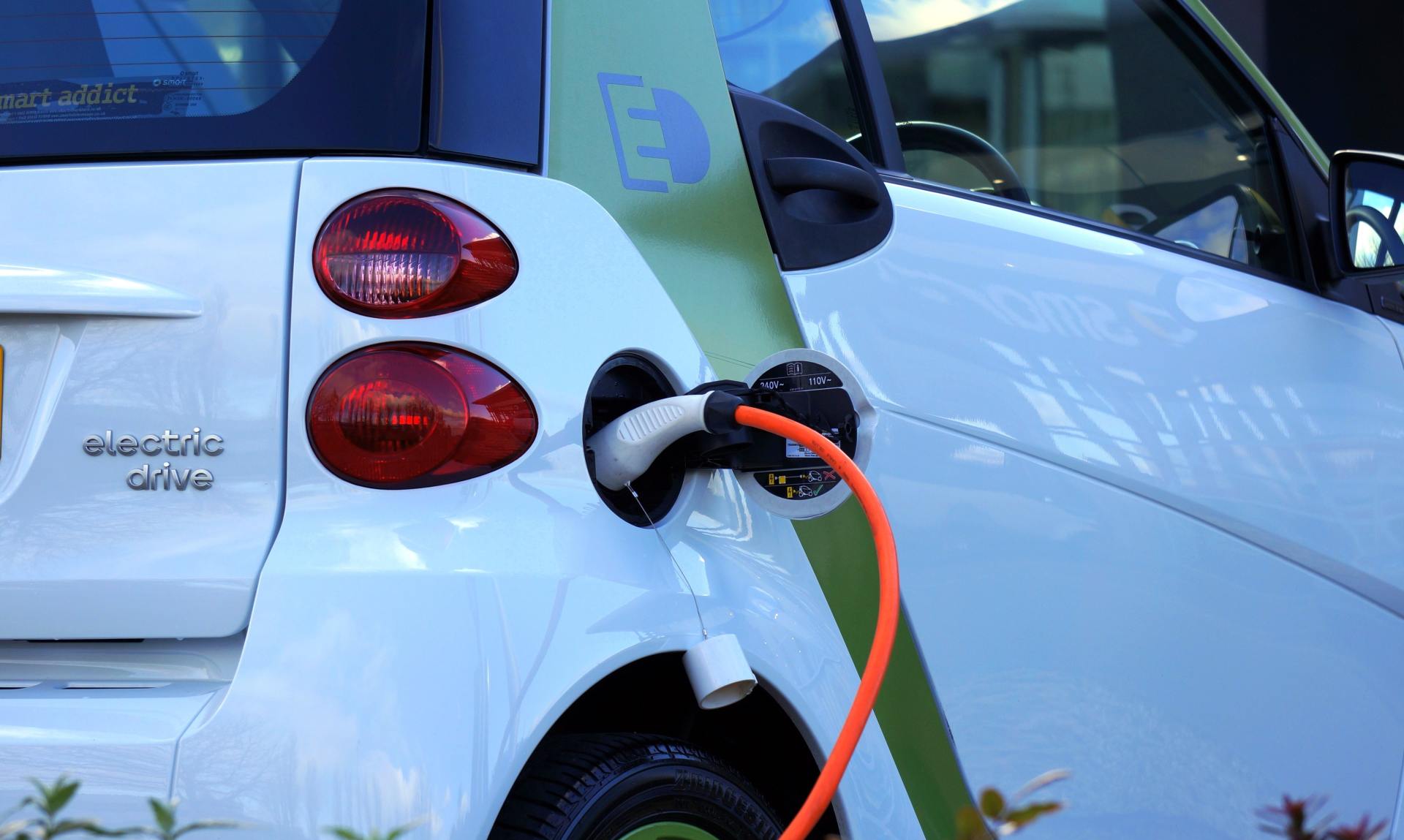A Crossroads for Electric Cars
- By Daniel Greenhalgh
- •
- 15 Mar, 2019

When automobiles first hit the market in the early 20th century, we had a choice of two paths: we could manufacture and buy gas-powered cars or electric cars. For many regrettable reasons, we got stuck with the former.
Today, we’ve committed ourselves to correcting that mistake. Our province has pledged to reduce greenhouse gas emissions from 60,000 tonnes per year to 35 million tonnes per year by 2030. A big part of this pledge is providing incentives for people to replace their gas-powered cars with electric ones.
But we’re facing a similar crossroads. We have a choice between two power sources – batteries or hydrogen. Where a hundred years ago, Big Oil won the battle, today, it may be Big Battery that forces us down the wrong path.
The carbon footprint for producing an electric car with lithium ion batteries is currently greater than the carbon footprint for a fuel-efficient car. The break-even point comes at about 400,000 km, which most cars will never reach. Until we create smaller, more efficient batteries, driving electric vehicles will have a minimal impact on the overall health of the environment.
But there’s a clear alternative that unfortunately, like a hundred years ago, will make a lot less money for investors. We can run our cars on hydrogen energy, supplemented by a small amount of gas. These vehicles are clean and do not rely on heavy, environmentally damaging lithium batteries. The break-even point comes way down to 80,000 km.
This idea of comparing the lifetime carbon output of fuel-efficient, hybrid, battery-powered and hydrogen-powered vehicles is starting to gain traction amongst consumers and government regulators. It’s very important to understand the total carbon costs of all stages of a vehicle’s life, from mining materials to recycling components – especially if we plan to cut our emissions in half in the next ten years.
I don’t think we can do this by choosing the battery-powered path. Companies like Tesla exist to produce lithium-ion batteries. They only produce cars to create a market for them. If he could, I believe Elon Musk would give Teslas away for free. But a transition to Teslas will never have the impact we need to reach our emission goals.
Our provincial government has created two incentive programs for purchasers of electric cars. It’s possible to qualify for both and receive a rebate of $11,000 if you give up your gas-powered car and purchase a new electric one.
I’d encourage our leaders to look at further incentives for choosing hydrogen power over battery power. There’s nowhere close to the amount of infrastructure needed to make these cars a reliable option for consumers, but that’s where we need the powerful push that government can provide.
We can still easily choose one future over another – but batteries already have a huge head start. We need to act quickly and decisively to tip the scales towards hydrogen. If we don’t, we’ll likely look back in 100 years and wonder what we could possibly have been thinking.



